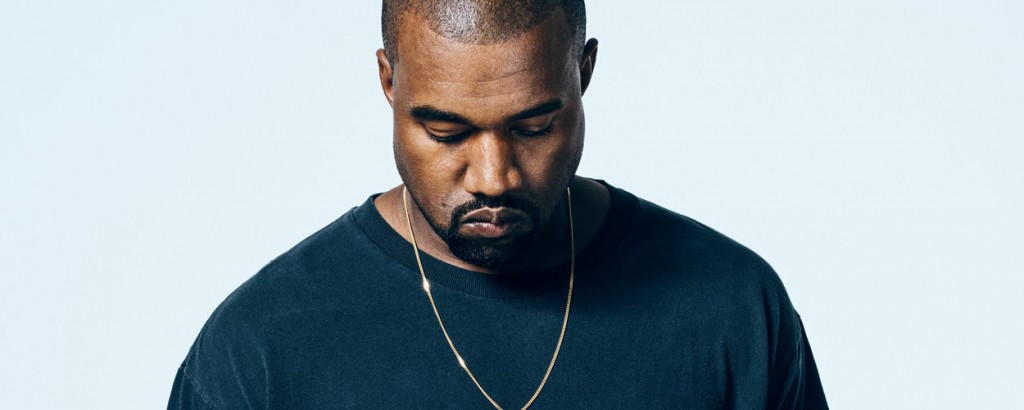This website uses cookies so that we can provide you with the best user experience possible. Cookie information is stored in your browser and performs functions such as recognising you when you return to our website and helping our team to understand which sections of the website you find most interesting and useful.
Artist News Business News Legal
Kanye West responds in ‘Ultralight Beam’ sample dispute
By Chris Cooke | Published on Tuesday 24 December 2019

Kanye West and Universal Music are seeking to cut down the lawsuit that was filed earlier this year over a sample that appears at the start of his 2016 track ‘Ultralight Beam’. West’s lawyers are employing various legal technicalities in a bid to remove plaintiffs and statutory damages from the copyright infringement claim.
‘Ultralight Beam’ appears on West’s ‘The Life Of Pablo’ album and opens with the voice of a young child in prayer. The sample was taken from an Instagram video uploaded by the child’s mother in early 2016.
West’s people did approach the mother, Alice T Johnson, about sampling the audio from her Instagram post. However, in a lawsuit filed back in February, the child’s adoptive parents – Andrew and Shirley Green – argued that Johnson didn’t actually have the authority to allow the girl’s voice to be used in the record.
And even if she did, the lawsuit went on, conversations between Team West and Johnson were only ever verbal and a fee for the use of the sample was never agreed. Meanwhile, a promised written agreement never arrived with either Johnson or the Greens. Further talks with the West camp did subsequently occur, but without any agreement being reached.
West’s response, filed with the court last week, deals with various elements of the case.
Firstly, the Green’s claim for statutory damages and attorney fees, which could greatly increase their pay out if they were ultimately successful in their legal claim. His lawyers argue that because the Greens had not registered the original Instagram recording with the US Copyright Office at the time West sampled it in ‘Ultralight Beam’, they can’t claim statutory damages or attorney fees in this case.
Elsewhere Team West seek to have an additional plaintiff, Andreia Green, removed from the lawsuit entirely. She is the adult voice also heard in the recording sampled by West. However, the rapper’s lawyers argue, she was not listed on the aforementioned registration with the US Copyright Office as a co-owner of the recording, and so therefore has no grounds to sue for infringement.
It now remains to be seen how the Greens and the court respond to West’s motion.





